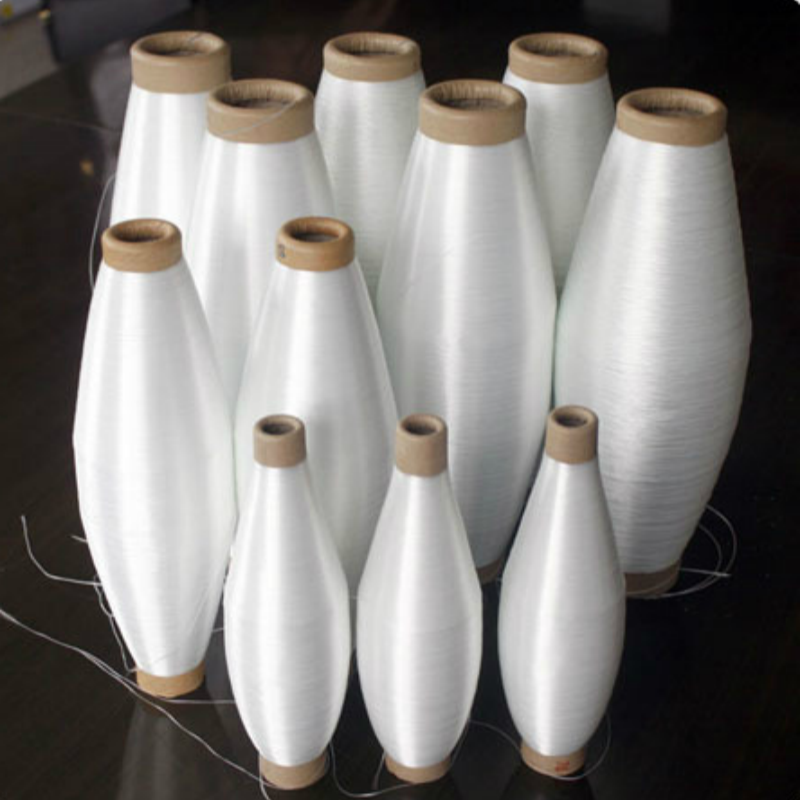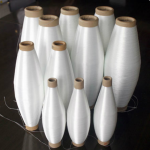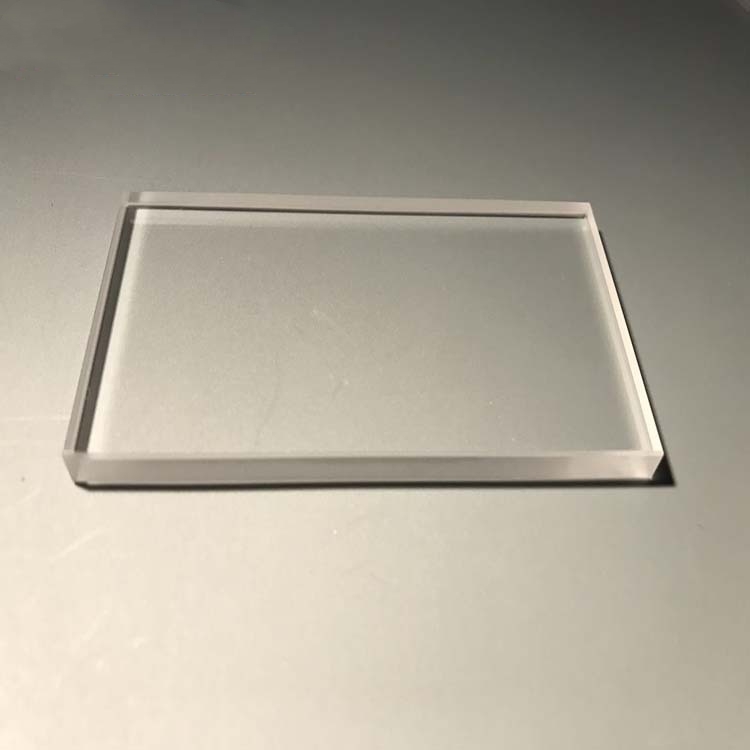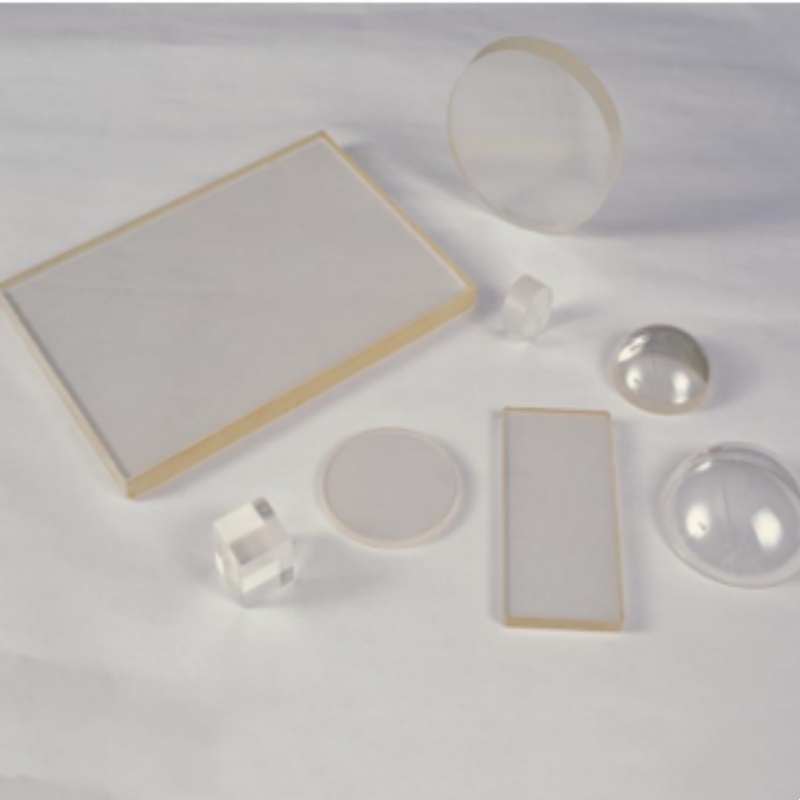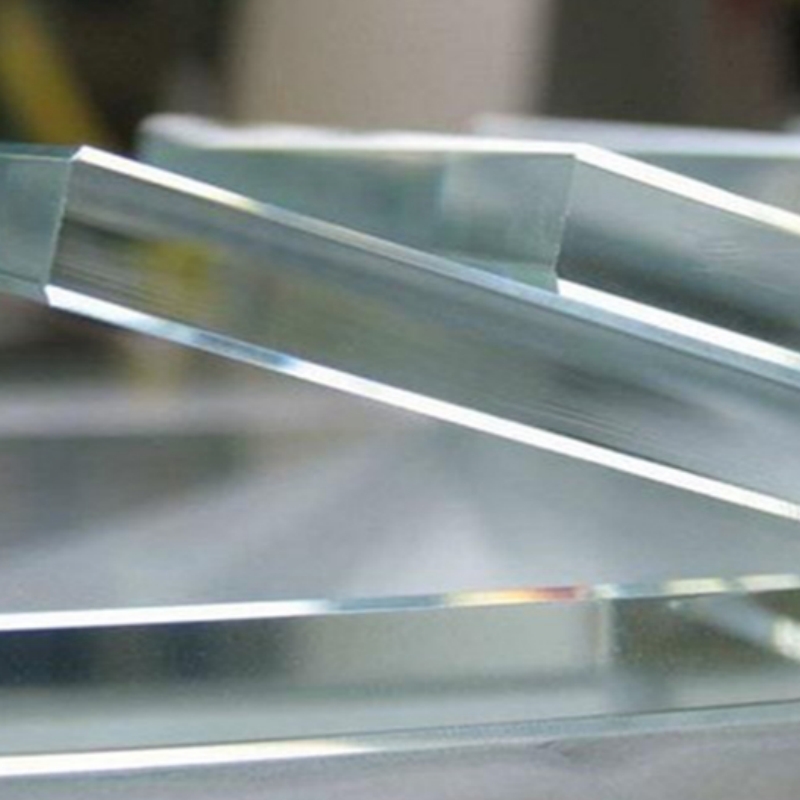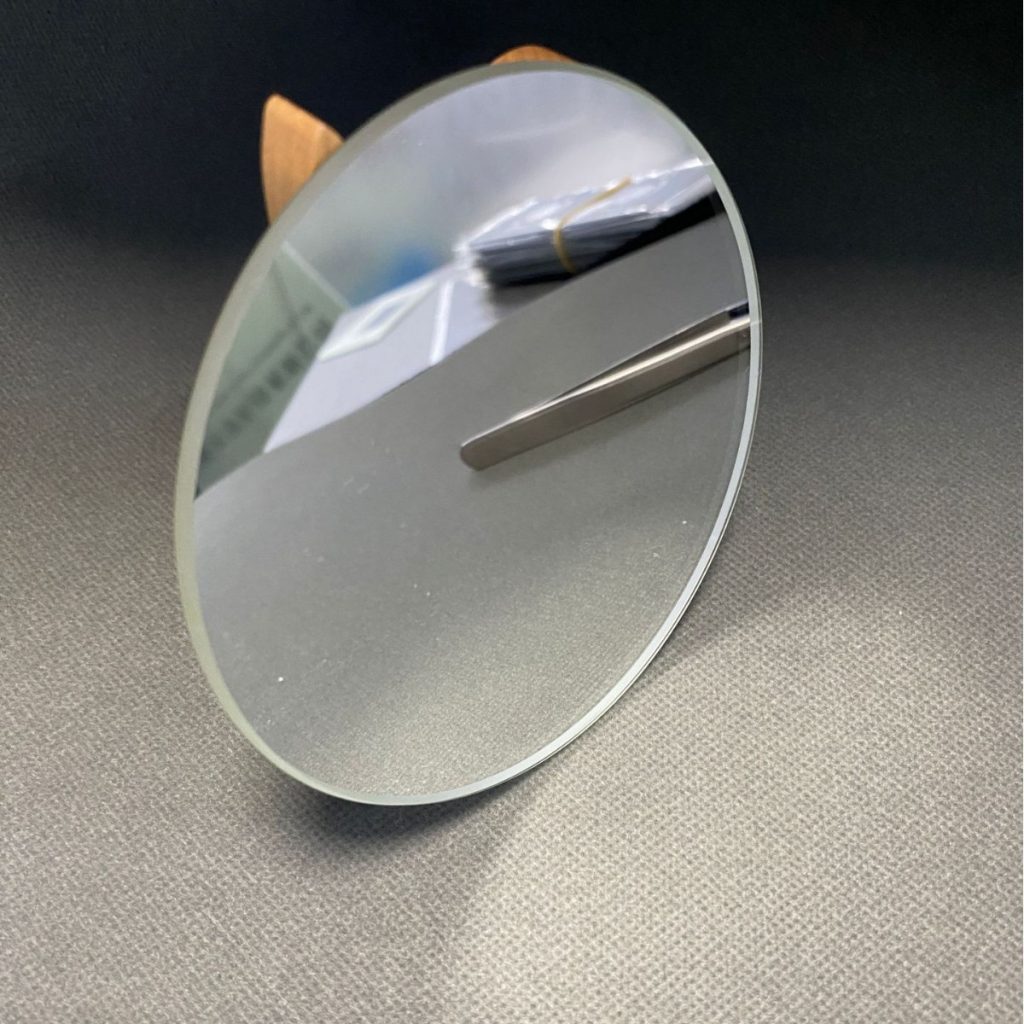Glass fiber fine yarn is a high-performance material composed of ultra-thin fiberglass strands, offering exceptional tensile strength, flexibility, and thermal resistance. Engineered for precision textile applications, it provides excellent durability, minimal moisture absorption, and high resistance to corrosion and extreme temperatures. This versatile material is widely used in electronic insulation, aerospace composites, filtration systems, and industrial textiles, ensuring reliable performance in demanding environments requiring fine reinforcement and heat resistance.
Product Overview
Glass fiber fine yarn is a high-performance inorganic non-metallic material produced through high-temperature fusion, drawing, and twisting processes. The diameter of the monofilament is extremely fine, ranging from a few microns to over twenty microns. Its fiber strands consist of hundreds or thousands of monofilaments, offering excellent insulation properties, heat resistance, corrosion resistance, and high mechanical strength. It is widely used in electrical insulation, filtration, thermal insulation, soundproofing, and as a reinforcement material in composite materials.
Key Features
- Excellent Insulation Properties: Glass fiber fine yarn offers outstanding electrical insulation, making it suitable for electrical insulation materials.
- High Heat Resistance: Capable of long-term use in high-temperature environments, ideal for applications that require heat resistance.
- Good Corrosion Resistance: Resistant to acid and alkali corrosion, making it ideal for use in chemical industries and anti-corrosion applications.
- High Mechanical Strength: Features high tensile strength, suitable for reinforcement materials and high-load applications.
- Good Flexibility: Well-suited for textiles and reinforced composite materials, with excellent processing properties.
Applications
- Electrical Industry: Widely used in electrical insulation materials, circuit boards, insulated cables, etc.
- Industrial Sector: Serves as a high-strength reinforcement material in the production of reinforced plastics, rubber, cement, gypsum, and other products.
- Construction & Protection: Used in corrosion protection, moisture resistance, thermal insulation, soundproofing, and vibration damping materials, ideal for building walls, window screens, construction covers, etc.
- Filtration Industry: Used in the production of industrial filter fabrics, particularly for the chemical industry's filtration needs.
- Automotive & Aerospace: As a reinforcement material in composite materials, it strengthens automotive parts, aircraft components, and more.
- Environmental Protection: Applied in environmental protection materials such as protective clothing, soundproofing materials, packaging fabrics, etc.
 new material
new material

